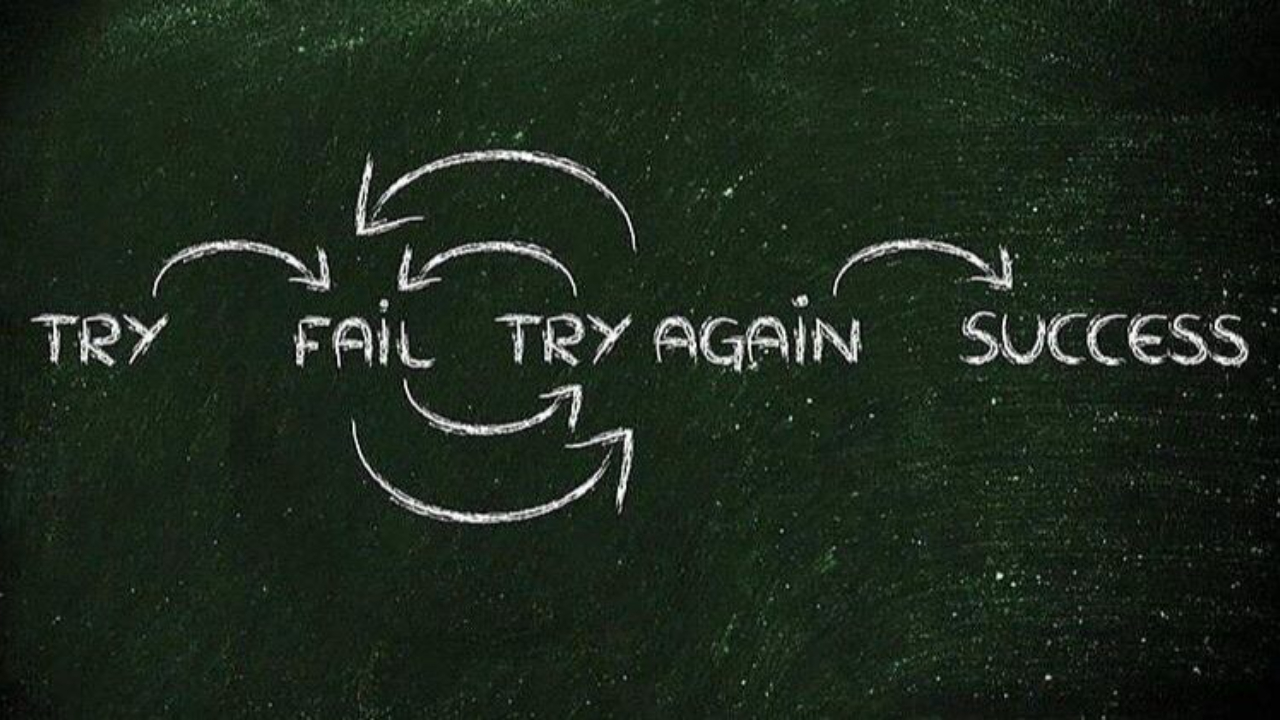Why Training Is the Only Place You’re Allowed to Lose
May 27, 2025
What’s up, Internet? Randy here with another dose of reality from the training floor. I’m lucky enough to teach all over the world—martial arts clubs, universities, even boardrooms at Fortune 500 companies. (Yeah, I know, #humblebrag.) But no matter where I go, there’s one common fear that shows up across the board: people are terrified of losing while learning.
It’s one of the most human things out there—this belief that we have to be perfect at everything, all the time. And yeah, I still battle it myself. But here’s the truth: if you’re afraid to lose in training, you’re capping your progress. Full stop. Now look, I get it. In real-life self-defense situations, losing isn’t an option. We don’t want people to fail when it matters most. But refusing to fail in training? That’s just sabotaging your future skills. If you’re always winning in the gym, you’re not training—you’re performing. And you’re not getting better.
Winning is reinforcement. Losing is learning. Read that again. If you only ever win in training, all you're doing is reinforcing what you already know. To grow, you have to push into new territory, and new territory comes with losses, mistakes, and the occasional bruised ego.
Let’s talk about the stages of skill acquisition. The goal of any training is to reach what's called the autonomous stage—that place where you can perform a skill without thinking about it. Like driving to work and realizing you don’t remember the drive. That's automation. But here’s the catch: once you get to that stage, improvement stalls. You hit a plateau. Things are “good enough,” and good enough becomes permanent. That’s where most people live unless they intentionally shake things up.
To break that ceiling, you need deliberate practice. That means leaving the comfort zone, failing, and refocusing on areas that challenge you. This is where the cognitive stage comes back in. You start thinking deeply about what you’re doing, why you’re doing it, and how you can do it better. It’s a painful process—but it’s where true growth lives. If you’ve ever done my “Pummel Freeze” drill at a Dirty Boxing seminar, you’ve already experienced this. That drill is designed to break you out of automation and force you to re-engage with movement, intention, and feel.
You can’t just flail around and call it practice. Here’s what separates deliberate practice from just going through the motions: 1) Focused Attention – Know exactly which skill or tactic you’re trying to improve. 2) Goal-Oriented Drills – You’re not just “doing stuff,” you’re aiming at something specific. 3) Ongoing Feedback – A coach or partner giving you real-time, useful corrections.
The best in any field—sports, music, martial arts—don’t just “work hard.” They work smart, experimenting at the edge of their ability. And to find that edge, you have to fail.
Here’s the part people hate to hear: talent isn’t that important. Sure, it helps early on. It gives you some easy wins and a dopamine hit to keep you coming back. But long-term? Talent is overrated. The research is clear: what matters most is effortful, focused, feedback-driven practice. The people who grind—deliberately, consistently—are the ones who dominate. Hard work beats talent when talent refuses to work hard.
This blog isn’t aimed at beginners. If you’re just starting out, yeah—go get some wins under your belt. Build that motivation and momentum. But if you want to go from good to great, or great to elite, you need to check your ego at the door. Lose in training. Try stuff that doesn’t work. Break things apart and rebuild them with intention. There's no championship belt for being the best at warm-ups.
The only place you're allowed to lose is in the gym. So fail. Struggle. Get frustrated. And then come back better. That’s how you level up.
Winning is reinforcement. Losing is learning.
Now go earn some losses.
—Randy
@randykinglive
Stay connected with news and updates!
Join our mailing list to receive the latest news and updates from our team.
Don't worry, your information will not be shared.
We hate SPAM. We will never sell your information, for any reason.
